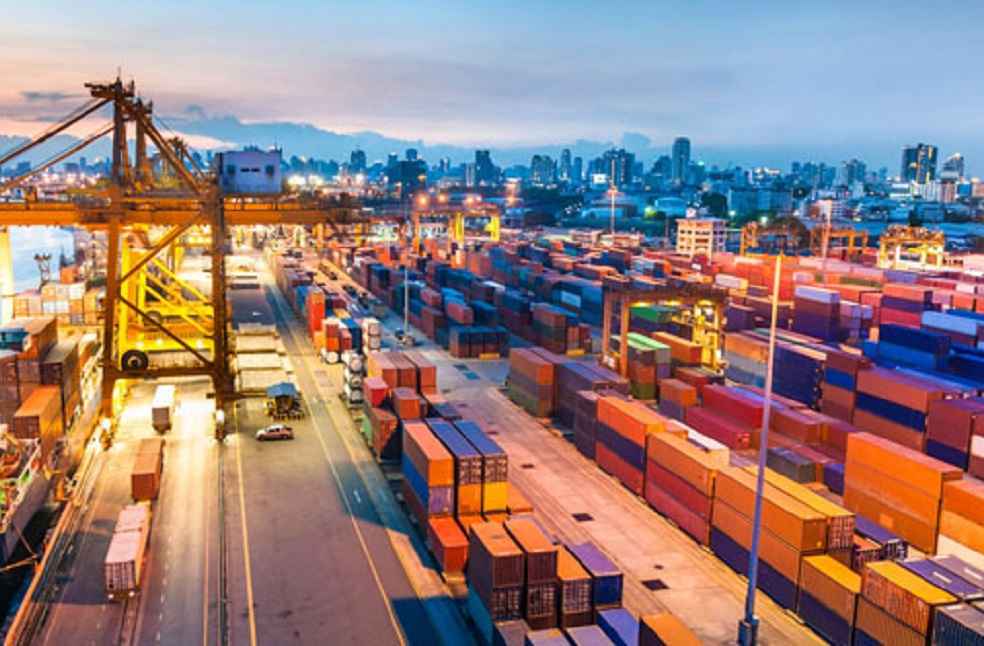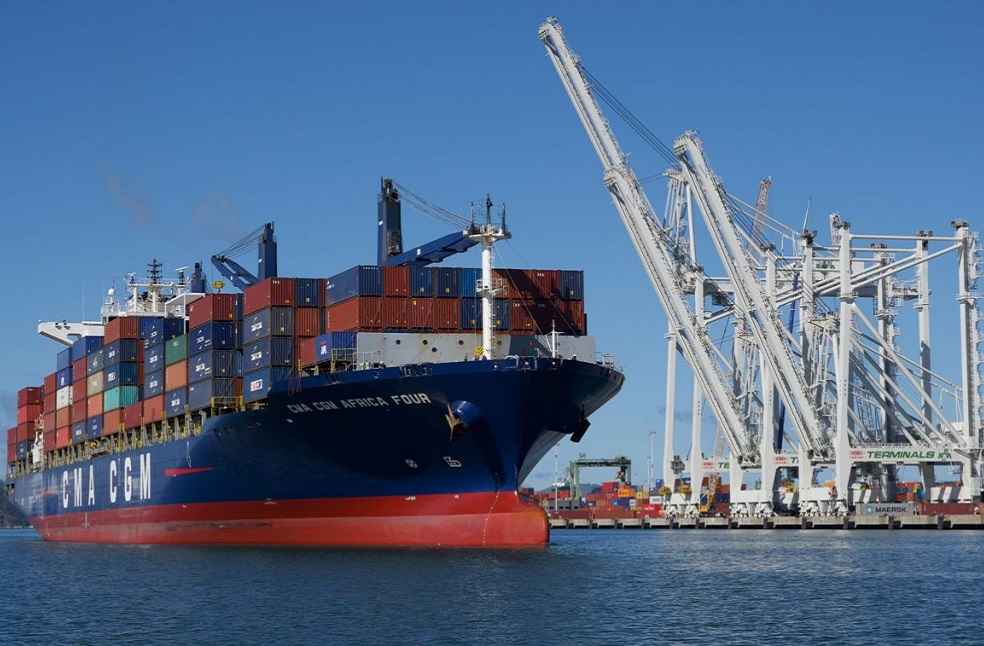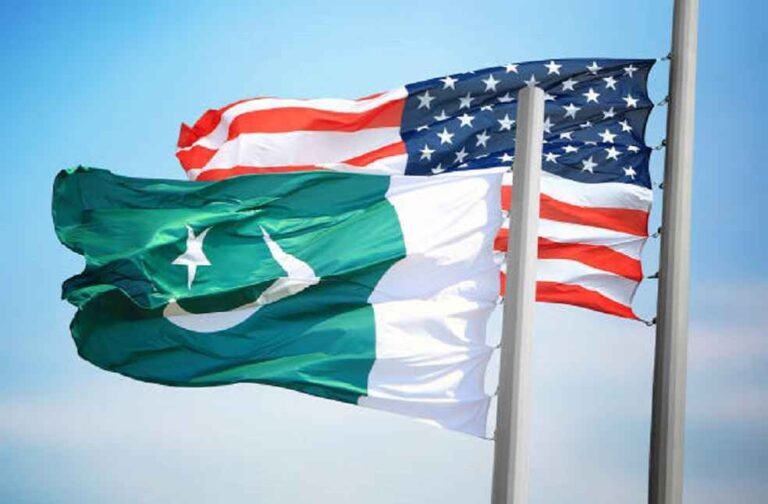The United States has urged Pakistan to eliminate tariff and non-tariff barriers affecting American exports and companies, as both countries pursue deeper trade ties. The call came from Reva Gupta, spokesperson at the U.S. Consulate General in Karachi, during ongoing bilateral negotiations between the two nations.
The discussions follow recent U.S. tariff actions under President Donald Trump, with Pakistan facing a potential 29% duty on its exports to the U.S., currently under a 90-day suspension. The tariff threat stems from a $3 billion trade surplus Pakistan holds with the United States.

“In our bilateral engagements with Pakistan, we always message the need to jointly tackle challenges to our trade relationship, including the need for Pakistan to address its longstanding tariff and non-tariff barriers against U.S. exports and companies,” Gupta told Arab News.
According to the U.S. Trade Representative’s National Trade Estimate Report, barriers cited in Pakistan include high tariff rates, additional duties on American automobiles and finished goods, restrictions on U.S. beef imports, intermittent internet shutdowns, and perceived political bias in regulatory enforcement.
In 2024, U.S. exports to Pakistan reached $2.1 billion, up 4.4% from 2023. Meanwhile, imports from Pakistan totaled $5.1 billion, a 4.9% increase. The U.S. remains Pakistan’s top export destination, underlining the importance of maintaining stable trade relations.

Prominent American companies like PepsiCo, GE International, Procter & Gamble, Pfizer, and DuPont maintain a presence in Pakistan. However, new trade hurdles may threaten future investments and trade flows.
Economist Shankar Talreja of Topline Securities expressed optimism about the outcome of the talks, noting that Pakistan’s export profile, heavily reliant on labor-intensive textiles, positions it for continued trade with the U.S. He added that Pakistan could boost imports of U.S. agricultural and energy products to address the trade imbalance.
However, Talreja cautioned that failure to reach an agreement may harm Pakistan’s textile exports, especially if competing nations secure more favorable U.S. trade terms. The textile sector remains a critical pillar of Pakistan’s economy, earning $17 billion in foreign exchange in FY2024.
BANKING & FINANCE | Debt Dispute Risks Trade Finance Access in Africa



